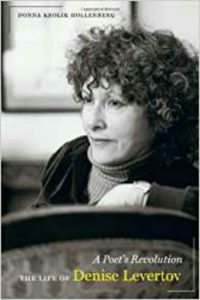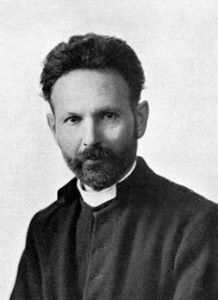Easter Sunday C, 17 April 2022. The Rev. Pamela L. Werntz
Isaiah 65:17-25. Be glad and rejoice forever in what I am creating.
1 Corinthians 15:19-26. The last enemy to be destroyed is death.
Luke 24:1-12. Amazed at what had happened.
O God with us, grant us the strength, the wisdom and the courage to seek always and everywhere after truth, come when it may, and cost what it will.
Good morning! Good job getting here, whether you are here in the sanctuary or here via livestream. I’m so glad that you’re here whether you love this holiday, or you’re just trying to get through it. Maybe you couldn’t wait to celebrate Easter at Emmanuel for the first time in three years, and maybe you’re joining us for the first time ever. Maybe you are here because it matters to someone you love, or you are here for a sadder reason. I love to say, whether you have come for celebration or solace, whether you are energized or exhausted, excited or grumpy, whether you have skipped or stumbled into this Easter celebration, my hope for all of you is that you will leave here today knowing more deeply that you are loved, that even if (and maybe especially if) you don’t feel like you fit in, still you belong with us today. Emmanuel Church is a place where we actively practice belonging to one another no matter what. It’s not always easy, I assure you, but it is always worth it. This is a parish where we focus our efforts and attention not on whether we (or anyone else) will get into heaven, but on whether any heaven will get into us. This is a parish where we focus not so much on implausible ideas, but on fidelity in relationship. Continue reading



